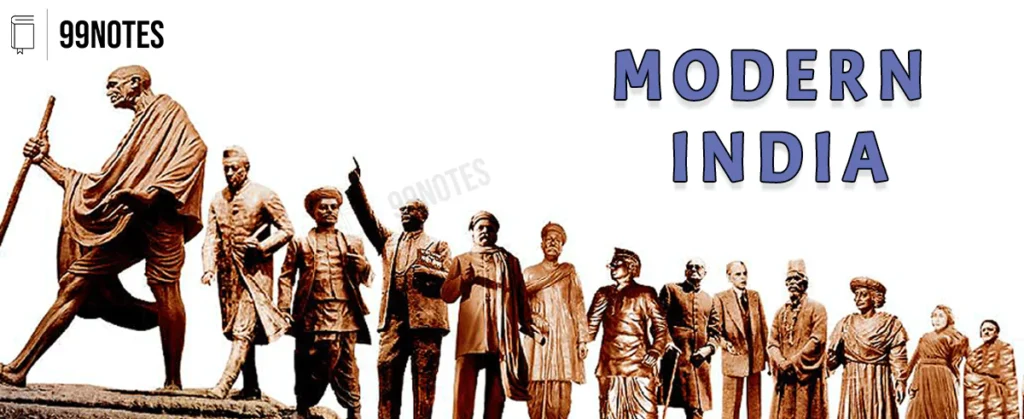
History of Modern India UPSC Notes Free Download
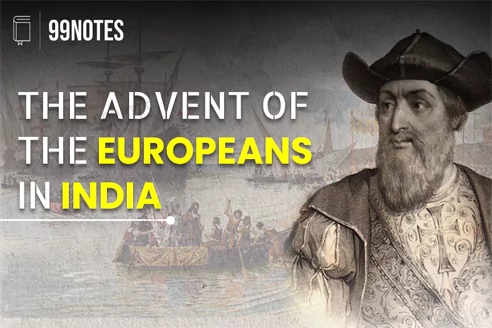
1. The advent of the Europeans in India
The history of modern India can be traced back to the advent of Europeans to India. The trade routes between India and Europe were long and winding, passing through the Oxus Valley, Syria, and Egypt.
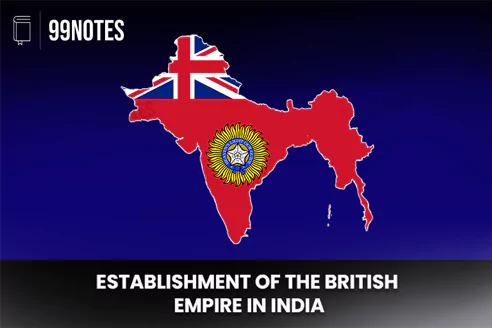
2. Establishment of the British Empire in India
The Mughals – After the death of Aurangzeb in 1707, the decline of the Mughals started. Rulers of the Mughals were now weak and engrossed in political conflict for inheritance or dominance in the court.
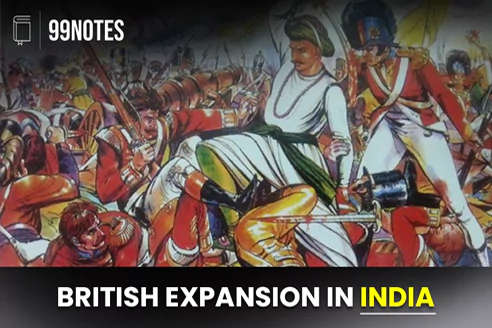
3. British Expansion in Deccan
Neighbouring states in the Deccan came into conflict with each other in their attempt to expand their territories to fulfil their need for resources. The rise of Mysore threatened its neighbouring states, and the Marathas and the Nizam formed an alliance against Mysore and also cooperated with the British to curb the power of Mysore. However, the Nizam was equally apprehensive of the Maratha’sexpansion in the south .
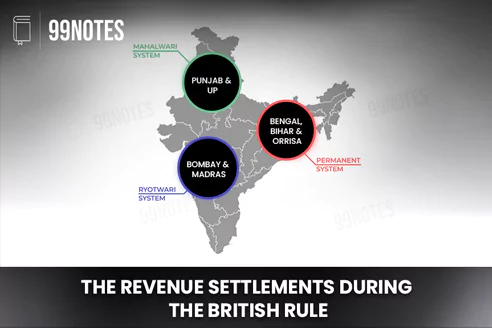
4. The revenue settlements during the British rule
Land revenue settlement refers to the system in which land tax revenue is agreed between the owner of the occupied land or any other assigned leader and government. The government collects tax revenue directly from cultivators (Ryotwari) or indirectly through an appointed representative (Permanent settlement).
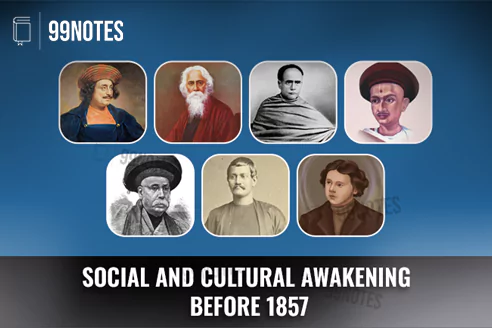
5. Social and Cultural Awakening Before 1857
The colonization of India by the British during the 18th and 19th centuries exposed some serious weaknesses and drawbacks of Indian social institutions. Consequently, several individuals and movements sought to bring about changes in social and religious practices to reform and revitalize society.
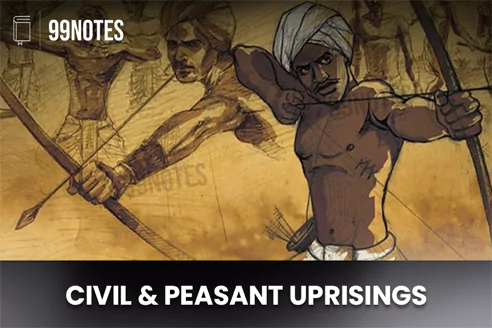
6. Civil and Peasant Uprisings
During the British rule in the 18th and 19th centuries, there were many uprisings against the ruling class. These uprisings resulted from the British’s economic policies, corrupt officials, unjust administration, oppression of zamindars and tax collecting officials, and interference of the British in tribal culture and their land.
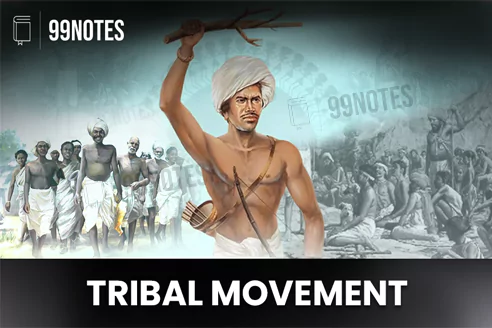
7. Tribal Movement
From the beginning, tribal people had lived in rural India in varying economic conditions and relative seclusion. They kept their distinct identity despite their interactions with non-tribal people. Each tribal community continued to have its own political and economic structures, as well as its own socio-religious and cultural life.
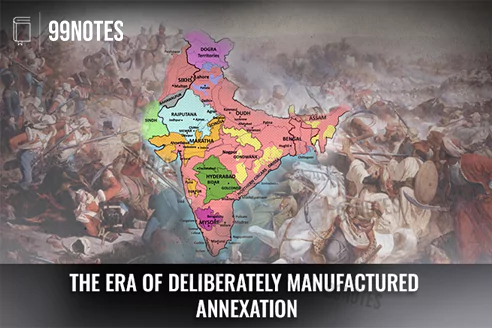
8. The Era of Deliberately Manufactured Annexation
By 1818, the entire Indian subcontinent, except Punjab and Sindh, had been brought under British rule. They directly ruled some states, while in others, the British exercised paramount power. These areas were brought under British control through subsidiary alliance.
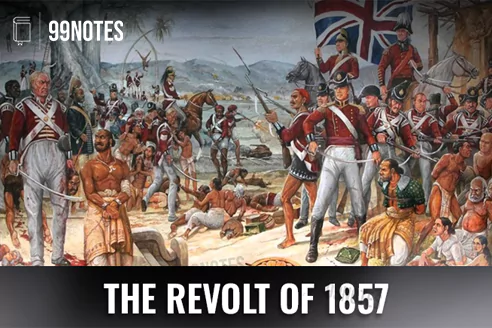
9. The Revolt of 1857
The Revolt of 1857 was one of the most significant watershed moments during British rule. During this revolt, various regions of north India spontaneously stood up against British rule. Garrison after garrison stood mutinied against their senior officers, and after the general public participation, it appeared that the British rule would end. However, the British forces were able to control the situation after bloody repression.
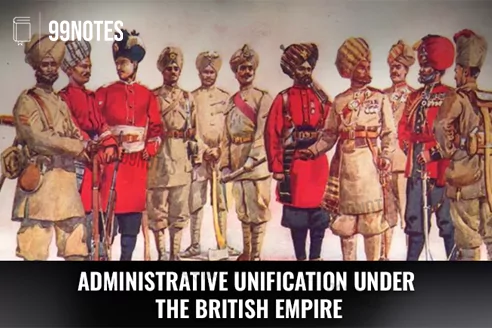
10. Administrative Unification under the British Empire
The establishment of the British Empire allowed not only the political unification of the country but also Administrative and Economic unification. Pre-British India was divided into many feudal states, frequently struggling among themselves to extend their boundaries.
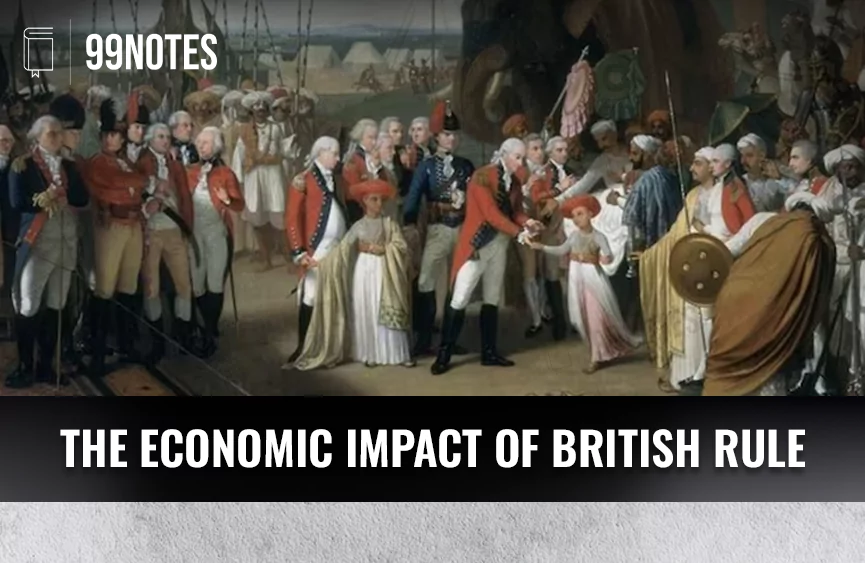
11. The Economic Impact of British Rule
The British Empire in India was highly organised administratively. The fundamental difference between the earlier conquest of India and the British conquest is that the earlier conquerors made no basic changes in the country’s economic structure and gradually became a part of it.
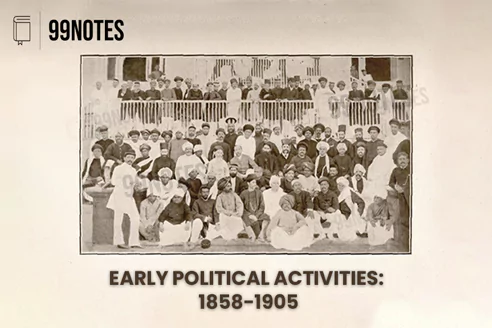
12. Early Political Activities: 1858-1905
The revolt of 1857 was the first major large-scale revolt against the British. However, it failed to overthrow British imperialism. The failure of the revolt in 1857 demonstrated that revolutions based on old outlooks and social forces were ineffective against modern imperialism. In this aspect, the need arises for the political consciousness with the new movement:
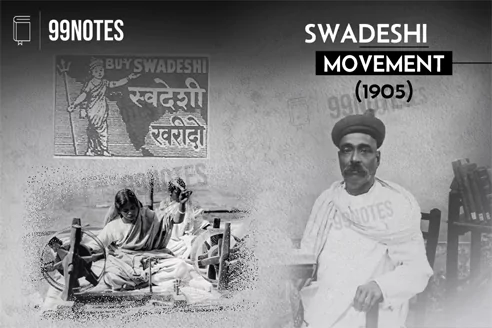
13. Swadeshi Movement
The Swadeshi movement spread as a reaction to Curzon’s reactionary policies and, more importantly, his policy of the Bengal partition. It is called Swadeshi as the movement emphasised the Boycott of foreign-made clothes and goods such as sugar, salt, government schools and colleges and other government services.
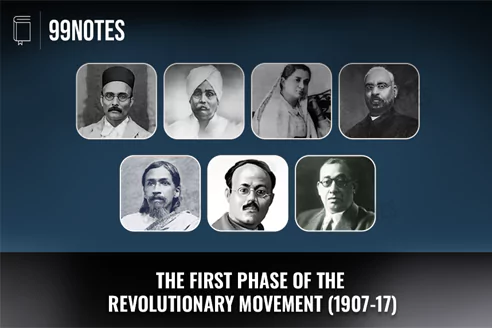
14. The First Phase of the Revolutionary Movement (1907-17)
With the decline of the mass phase of the Swadeshi movement and the lack of political activity, a new kind of political action emerged in the national movement. In this aspect, the highly motivated youth adopted the following methods:
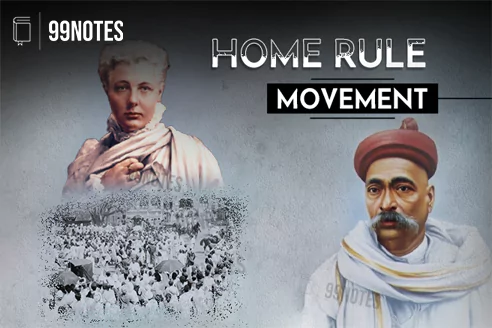
15. Home Rule Movement
The differences between the moderates and the extremists led to the split in Congress and the exit of the extremists from Congress in the Surat session of Congress in 1907. The Home Rule League movement started in the background of the ongoing world war and inactivity within the Congress after the Surat split.
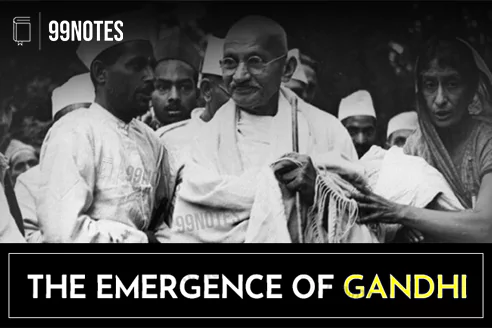
16. The Emergence of Gandhi
The emergence of Mahatma Gandhi in the Indian National movement is known for the beginning of the mass mobilisation phase. Before he arrived in India in 1915, he was in South Africa from 1893 to 1915, where his experiences made him take up the fight against colonialism.
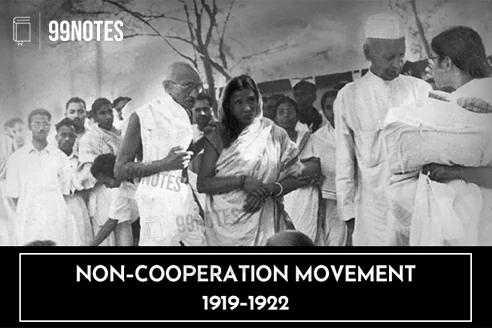
17. Non-Cooperation Movement: 1919-1922
The period from 1920-21, in the context of the Indian national movement, is known for mass politics and mass mobilisation. Gandhi emerged in the national movement with his idea of Satyagraha, which he had successfully experimented with in South Africa.
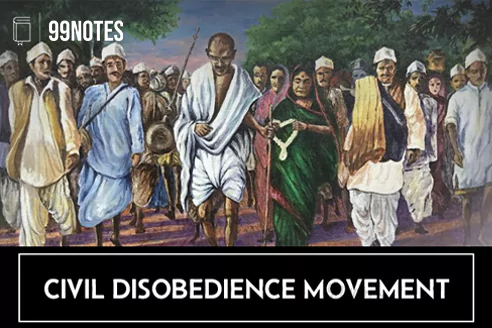
18. Civil Disobedience Movement
The withdrawal of the Non-Cooperation Movement (NCM) and the imprisonment of Gandhi in March 1922 weakened the national movement, and it entered a passive phase. As a result, the nationalist ranks became disorganized, disintegrated, and demoralized.
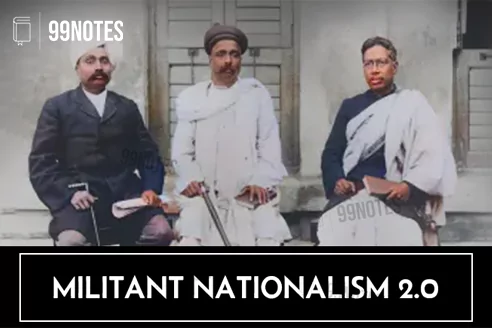
19. Militant nationalism 2.0
The non-cooperation movement failed to achieve its objective that irked the young nationalists. Dissatisfaction with Gandhiji’s direction and his method of non-violent struggle after the suspension of the Non-Cooperation Movement gave fillip to the revolutionary terrorist movements.
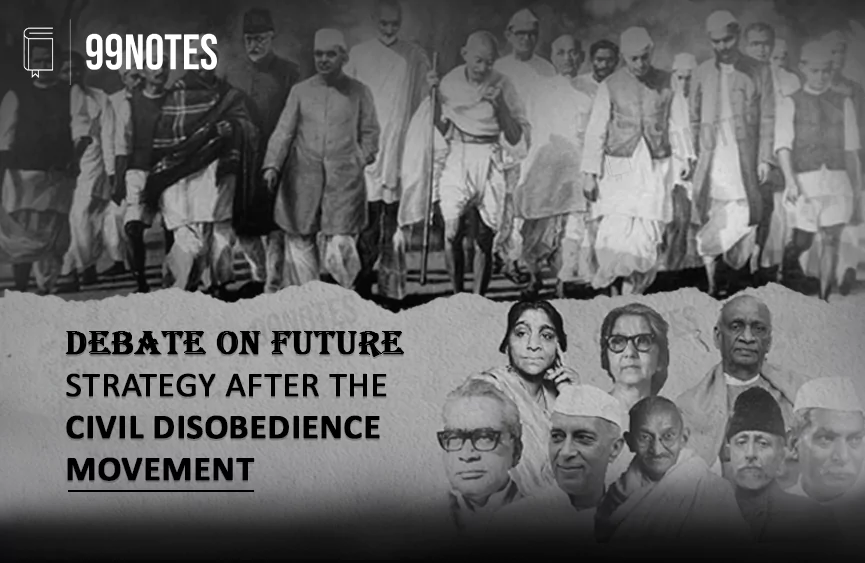
21.Debate on future strategy after the Civil Disobedience Movement
in the Aftermath of the withdrawal of the Civil Disobedience Movement, a debate emerged among the nationalists regarding the future course of action in the near term.
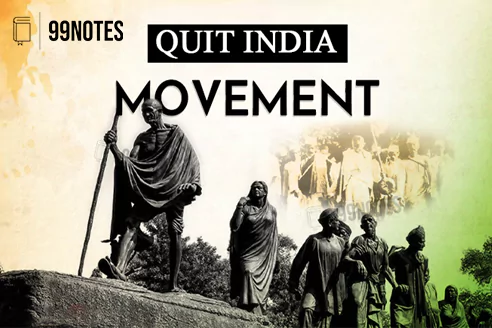
23. Quit India Movement
The Cripps mission had failed to pacify the Indians. It made clear that the British were unwilling to concede to any significant demand. Gandhi, who had earlier argued against launching a mass struggle, finally became convinced of the inevitability of a struggle. Other factors that aggravated the demand of the mass movement are as follows:
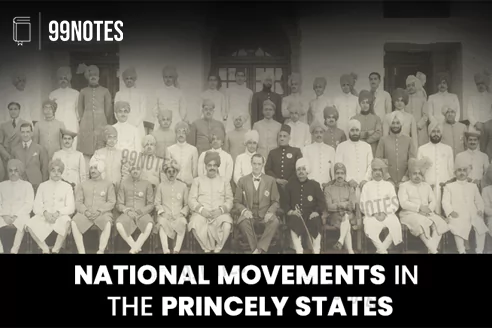
24. National Movements in the Princely States
After the revolt of 1857, the British abandoned the annexation policy, and the Princely states accepted the British paramountcy; in return, they were guaranteed protection against internal and external threats and autonomy in internal affairs, at least in theory.
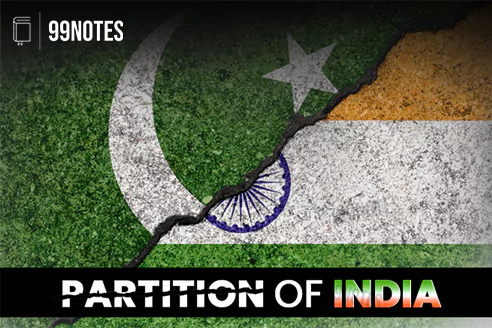
25. Partition of India
The non-cooperation movement failed to achieve its objective that irked the young nationalists. Dissatisfaction with Gandhiji’s direction and his method of non-violent struggle after the suspension of the Non-Cooperation Movement gave fillip to the revolutionary terrorist movements.
- History of Modern India UPSC Notes Free Download
- 1. The advent of the Europeans in India
- 2. Establishment of the British Empire in India
- 3. British Expansion in Deccan
- 4. The revenue settlements during the British rule
- 5. Social and Cultural Awakening Before 1857
- 6. Civil and Peasant Uprisings
- 7. Tribal Movement
- 8. The Era of Deliberately Manufactured Annexation
- 9. The Revolt of 1857
- 10. Administrative Unification under the British Empire
- 11. The Economic Impact of British Rule
- 12. Early Political Activities: 1858-1905
- 13. Swadeshi Movement
- 14. The First Phase of the Revolutionary Movement (1907-17)
- 15. Home Rule Movement
- 16. The Emergence of Gandhi
- 17. Non-Cooperation Movement: 1919-1922
- 18. Civil Disobedience Movement
- 19. Militant nationalism 2.0
- 21.Debate on future strategy after the Civil Disobedience Movement
- 23. Quit India Movement
- 24. National Movements in the Princely States
- 25. Partition of India
- Related Links
- Modern Indian History

Modern Indian History
The study of History of modern India is an important part of the UPSC Civil Services Exam, as it tests candidates’ knowledge of the political, social, economic, and cultural developments in India in the recent past.
Some of the key topics that candidates should be familiar with when studying modern India for the UPSC Civil Services Exam include:
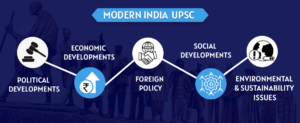
- Political developments: Candidates should be familiar with the major political parties and their ideologies, as well as the key events and issues that have shaped India’s political landscape in the recent past, such as the rise of regional parties, the growth of coalition politics, and the impact of social media on elections.
- Economic developments: Candidates should be familiar with the major economic policies and initiatives that have been implemented in India in the recent past, such as liberalization, globalization, and the development of the service sector. They should also be familiar with the challenges and opportunities that India’s economic growth has brought, such as the growth of inequality and the rise of the middle class.
- Social developments: Candidates should be familiar with the major social issues that have emerged in India in the recent past, such as women’s empowerment, the rights of marginalized communities, and the impact of technology on society.
- Foreign policy: Candidates should be familiar with India’s foreign policy in the recent past, including its relations with other countries and its role in international organizations.
- Environmental and sustainability issues: Candidates should be familiar with the major environmental and sustainability challenges that India has faced in the recent past, such as air and water pollution, climate change, and resource depletion.
The study of History of modern India is important for several reasons, especially for candidates preparing for the UPSC Civil Services Exam.
Here are a few reasons why studying modern Indian history is important:
- Understanding the present: Modern India is the period in which India has evolved into the country it is today, with its current political, economic, and social systems. By studying this period, you can gain a better understanding of the events and developments that have shaped India’s recent history and continue to influence the country today.
- Improving analytical skills: The study of history of modern India requires students to analyze and interpret a wide range of primary and secondary sources, such as media reports, government documents, and academic articles. This can help you develop critical thinking and analytical skills that are useful in a variety of fields.
- Understanding contemporary issues: The issues and challenges that India faces today, such as poverty, inequality, corruption, and environmental degradation, have their roots in the modern period. By studying this period, you can gain a deeper understanding of the origins and complexities of these issues and be better equipped to address them.
By studying these and other topics, candidates can gain a thorough understanding of the political, economic, and social developments in modern India, which will be helpful in preparing for the UPSC Civil Services Exam.
